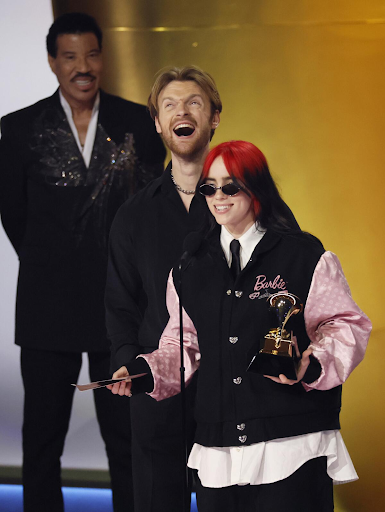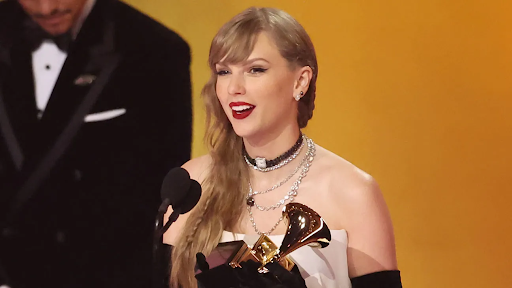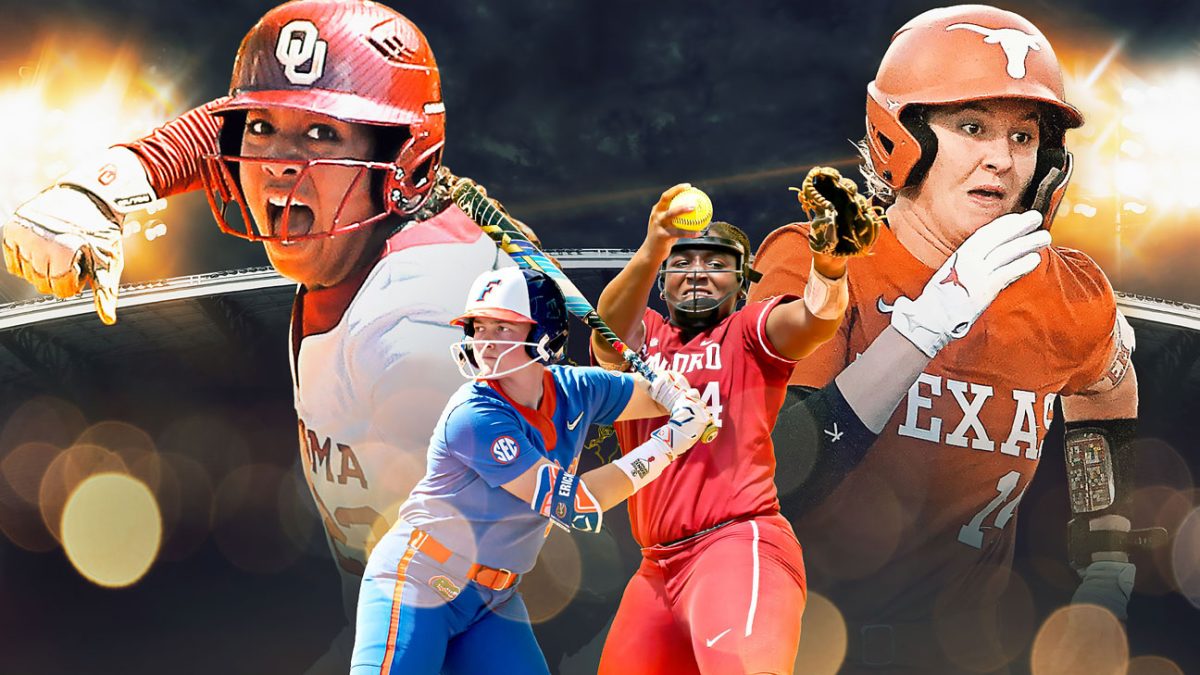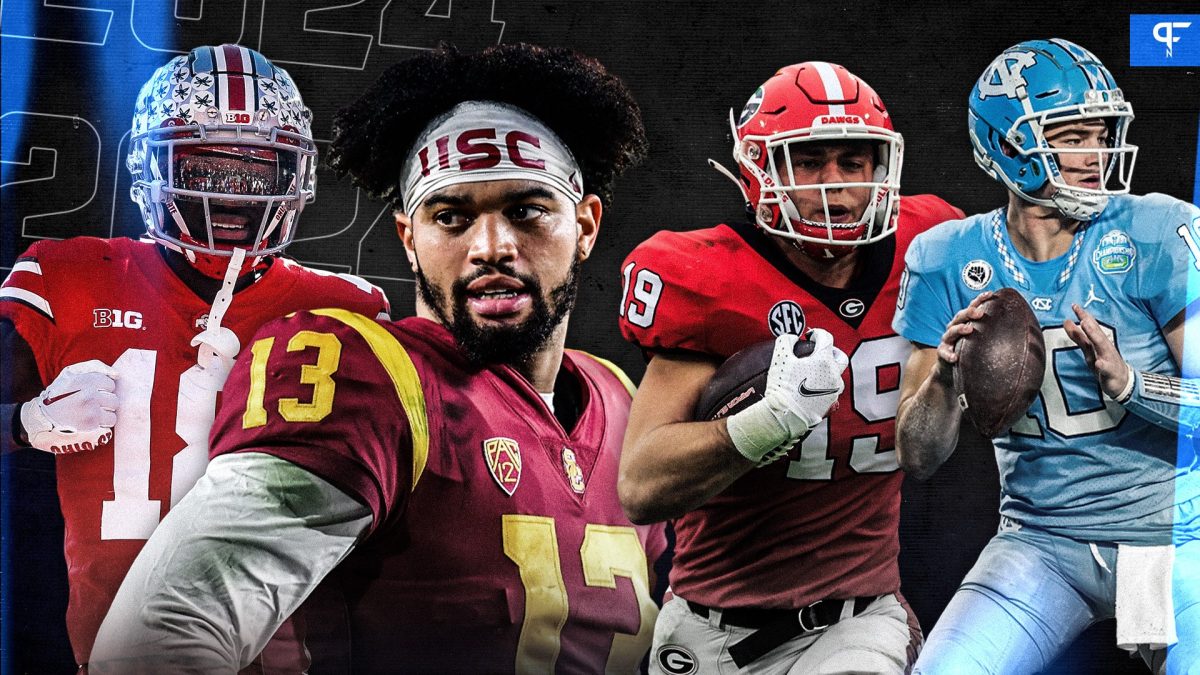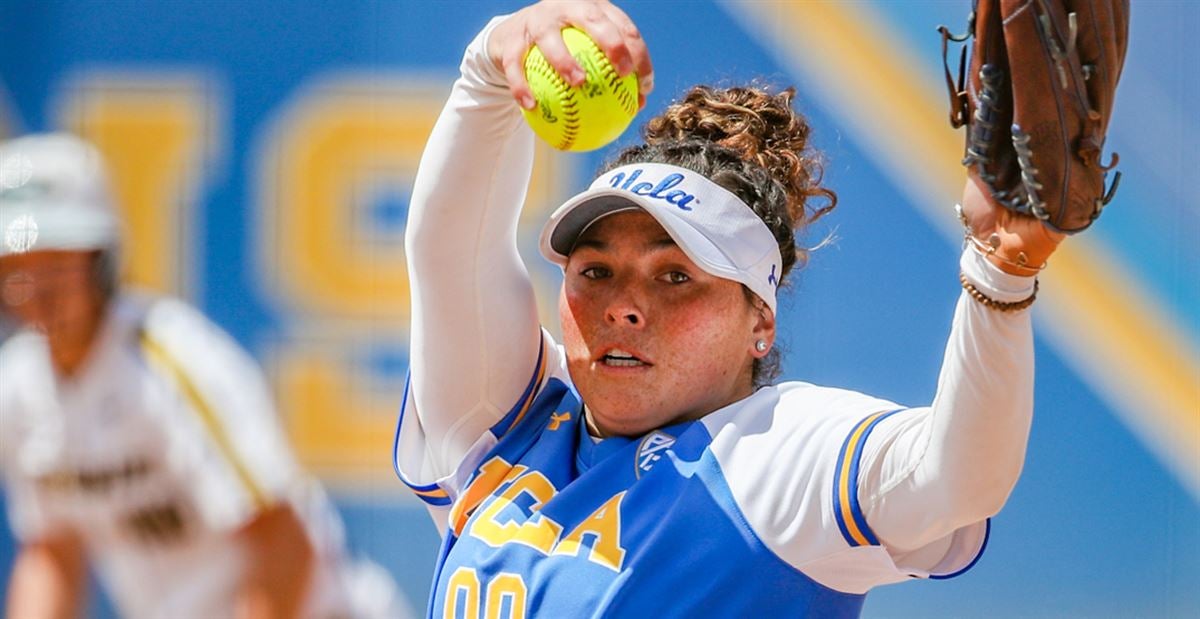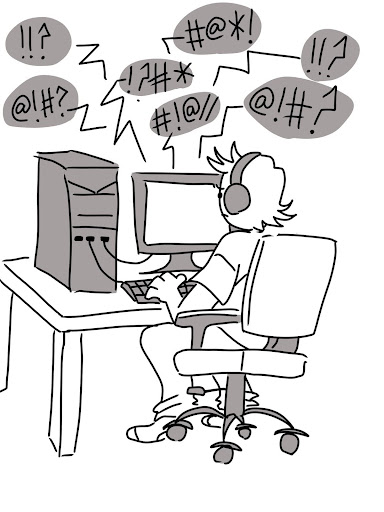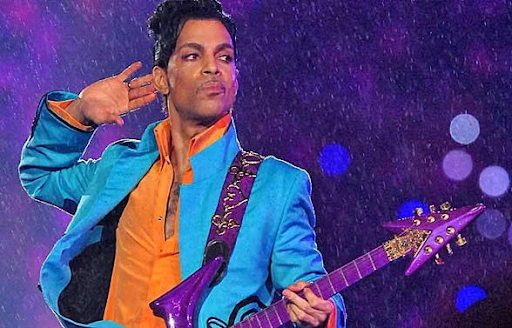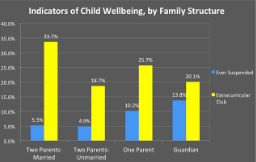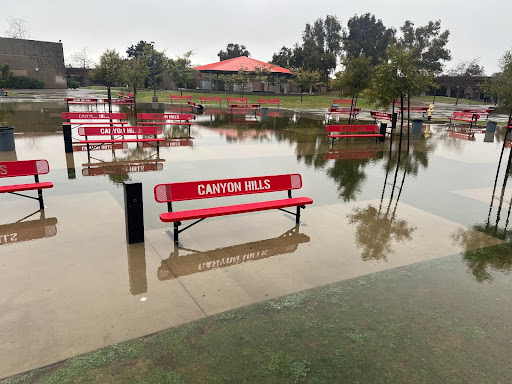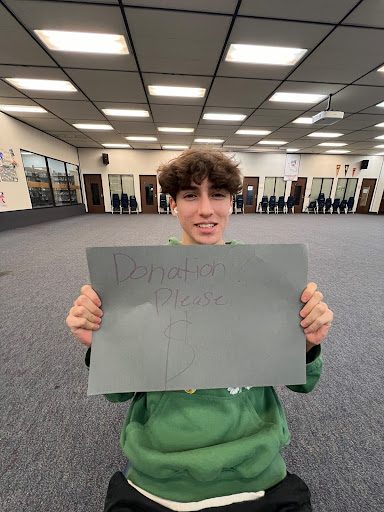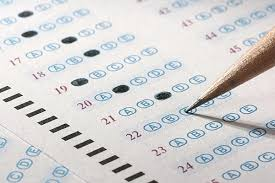Lawsuits against Juul’s targeted marketing are far from enough
Huffing and puffing, the bathrooms here at Canyon Hills High School have become more of a factory, churning out awful scented smokes than a restroom, as students have become entangled in their addiction to vaping. Distorting the view of what should remain commonplace here on Canyon Hills’ campus, and more importantly across the nation.
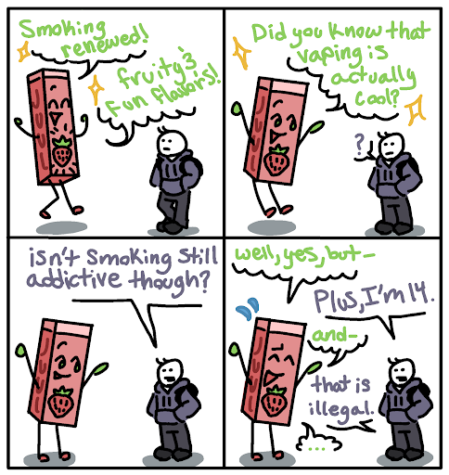
Who is at fault? The answer is simple, Juul Labs, Inc.
Juul Labs, an American electronic cigarette company, brought forward its product of Juul, an electronic cigarette, meant to provide adult smokers worldwide with an alternative to cigarettes.
But rather than being a substitute for traditional forms of smoking, Juul Labs’ product brought forward another gateway drug that did the opposite of its purpose, by introducing its users to a path of addiction and harder forms of drugs.
Raking in billions of dollars for the company, Juul Labs did not intend to stop as it expanded its consumer base to advertise to youth and teenagers, through its flavored vapes and advertisements.
This choice would come at a high cost to the company, as they faced heavy lawsuits in over thirty states due to their actions.
Facing a settlement plan of $438.5 million to 34 states and territories, for their continued marketing towards teenagers. Including limits and restrictions to Juul’s sales and marketing ability toward consumers under the age of 35.
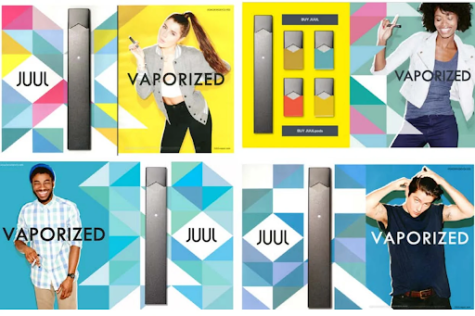
And, although some may say that these restrictions have been more than enough to stop the corporate giant in its effort to target kids since it lost a large share of its e-cigarette market. I say Juul Labs is still up and running, as Juul continues to be the leading company in the e-cigarette market.
The use of vapes remains to be a prevalent issue, in high schools, even here at Canyon Hills High School, despite the new restrictions placed on Juul.
“With the marketing of vaping and the way they make it flavorful for students, it becomes appetizing for kids,” Campus Supervisor Mr. Brown said. “So, I can’t really tell that vaping has gone down.”
Resulting in an environment in which vaping continues to be commonplace within high schools, as the National Institute for Drug Abuse reports that “22.7%” of 12th graders used Juul in 2020, only a small decrease from “28.4%” in 2019.
So regarding the restrictions and lack of change in underage vaping, states and territories should begin to take more drastic measures to stop the dangers of vaping, from ensnaring the young impressionable minds of teenagers, by bringing forward bans on Juuls and e-cigarettes of the like.
To protect the young from the dangers of drugs and ensure that they can understand the underlying health issues that may appear due to vaping. And, stop the continued marketing of vapes and other forms of drugs to young students around the nation.
Your donation will support the student journalists of Canyon Hills High School. Your contribution will allow us to purchase equipment and cover our annual website hosting costs.

Returning for his fourth year at Canyon Hills High School, senior student Kevin Olivares puts forth his best step this year. Part of the Canyon Hills newspaper,...
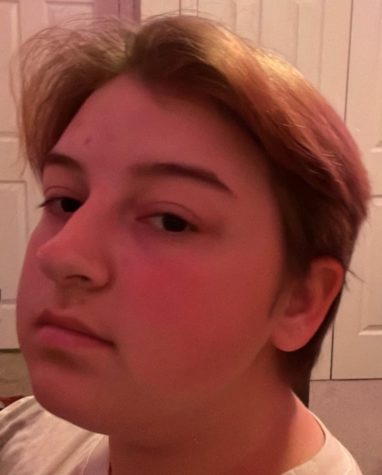
Freshman janky trombone player turned Junior digital artist and writer, Sam Harris is a man of many talents. Obsessed with many things such as Pokemon,...



